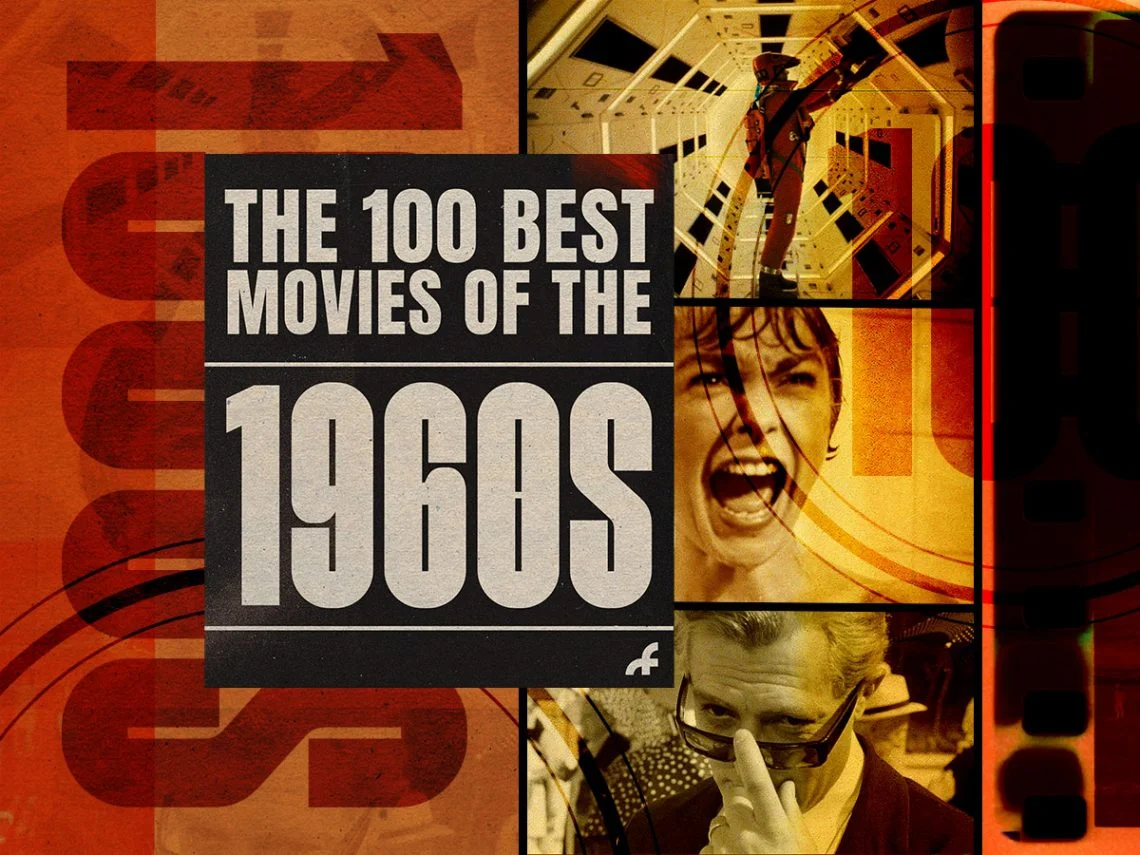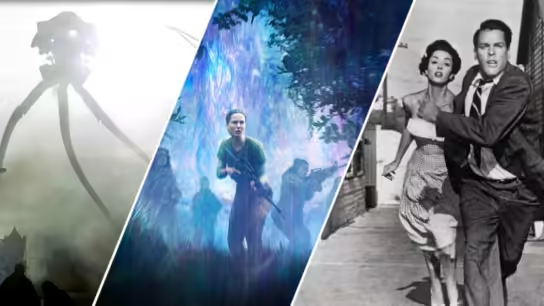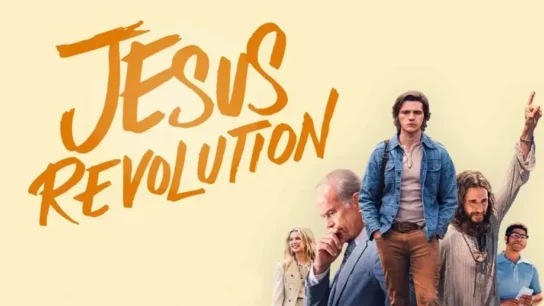The 1960s were a transformative decade for cinema, marked by a remarkable diversity of genres, styles, and groundbreaking films that continue to influence filmmakers and audiences today. From the emergence of new cinematic techniques to the exploration of social issues, the movies of the ’60s captured the spirit of the era and reflected the cultural shifts happening around the world.
Cultural Context and Themes
The 1960s were a transformative decade for cinema, marked by a remarkable diversity of genres, styles, and groundbreaking films that continue to influence filmmakers and audiences today. From the emergence of new cinematic techniques to the exploration of social issues, the movies of the ’60s captured the spirit of the era and reflected the cultural shifts happening around the world.
Cultural Context and Themes
The 1960s was a period of significant social change, political upheaval, and artistic experimentation. This backdrop deeply influenced the themes and narratives of the films produced during this time. Key themes included:
- Counterculture and Rebellion: Movies often reflected the growing disillusionment with traditional values and authority. Films like “Easy Rider” (1969) epitomized the spirit of rebellion, exploring themes of freedom, nonconformity, and the search for meaning.
- Civil Rights and Social Justice: As the civil rights movement gained momentum in the United States, films began to tackle issues of racial inequality and social justice. “To Kill a Mockingbird” (1962), based on Harper Lee’s novel, stands as a powerful example of a film addressing racial prejudice.
- Psychedelia and Experimentalism: The 1960s saw a rise in experimentation with narrative structure, visual style, and thematic content. Directors such as Stanley Kubrick (“2001: A Space Odyssey” – 1968) and Federico Fellini (“8½” – 1963) pushed the boundaries of conventional filmmaking, creating surreal and visually stunning works.
Iconic Films and Directors
The 1960s produced a wealth of iconic films and introduced audiences to visionary directors who would shape the future of cinema. Some notable films and directors include:
- Alfred Hitchcock: Known for his suspenseful thrillers, Hitchcock continued to captivate audiences with classics like “Psycho” (1960) and “The Birds” (1963).
- Ingmar Bergman: The Swedish director’s introspective and deeply philosophical films, such as “Persona” (1966) and “The Seventh Seal” (1957), challenged viewers with their exploration of existential themes.
- New Hollywood: The late ’60s also saw the rise of a new generation of filmmakers in Hollywood, including Francis Ford Coppola (“The Godfather” series) and Martin Scorsese (“Taxi Driver” – 1976), whose early works began in the ’60s and foreshadowed the gritty realism and narrative complexity of the 1970s.
Technological Advancements
The 1960s also witnessed significant advancements in film technology and cinematography. The introduction of color film and widescreen formats allowed filmmakers to explore new visual aesthetics and enhance storytelling techniques. Films like “Lawrence of Arabia” (1962), with its sweeping desert landscapes captured in 70mm, exemplify the era’s technical achievements.
Legacy and Influence
The films of the 1960s left a lasting legacy on cinema, influencing subsequent generations of filmmakers and shaping the evolution of film as an art form. Their daring narratives, innovative techniques, and exploration of complex themes continue to resonate with audiences, reaffirming their enduring relevance in the history of cinema.
In conclusion, the movies of the 1960s not only reflected the turbulent times in which they were made but also paved the way for new forms of storytelling and cinematic expression. Their impact continues to be felt today, reminding us of the transformative power of film to inspire, provoke thought, and capture the essence of the human experience.
This backdrop deeply influenced the themes and narratives of the films produced during this time. Key themes included:
- Counterculture and Rebellion: Movies often reflected the growing disillusionment with traditional values and authority. Films like “Easy Rider” (1969) epitomized the spirit of rebellion, exploring themes of freedom, nonconformity, and the search for meaning.
- Civil Rights and Social Justice: As the civil rights movement gained momentum in the United States, films began to tackle issues of racial inequality and social justice. “To Kill a Mockingbird” (1962), based on Harper Lee’s novel, stands as a powerful example of a film addressing racial prejudice.
- Psychedelia and Experimentalism: The 1960s saw a rise in experimentation with narrative structure, visual style, and thematic content. Directors such as Stanley Kubrick (“2001: A Space Odyssey” – 1968) and Federico Fellini (“8½” – 1963) pushed the boundaries of conventional filmmaking, creating surreal and visually stunning works.
Iconic Films and Directors
The 1960s produced a wealth of iconic films and introduced audiences to visionary directors who would shape the future of cinema. Some notable films and directors include:
- Alfred Hitchcock: Known for his suspenseful thrillers, Hitchcock continued to captivate audiences with classics like “Psycho” (1960) and “The Birds” (1963).
- Ingmar Bergman: The Swedish director’s introspective and deeply philosophical films, such as “Persona” (1966) and “The Seventh Seal” (1957), challenged viewers with their exploration of existential themes.
- New Hollywood: The late ’60s also saw the rise of a new generation of filmmakers in Hollywood, including Francis Ford Coppola (“The Godfather” series) and Martin Scorsese (“Taxi Driver” – 1976), whose early works began in the ’60s and foreshadowed the gritty realism and narrative complexity of the 1970s.
Technological Advancements
The 1960s also witnessed significant advancements in film technology and cinematography. The introduction of color film and widescreen formats allowed filmmakers to explore new visual aesthetics and enhance storytelling techniques. Films like “Lawrence of Arabia” (1962), with its sweeping desert landscapes captured in 70mm, exemplify the era’s technical achievements.
Legacy and Influence
The films of the 1960s left a lasting legacy on cinema, influencing subsequent generations of filmmakers and shaping the evolution of film as an art form. Their daring narratives, innovative techniques, and exploration of complex themes continue to resonate with audiences, reaffirming their enduring relevance in the history of cinema.
In conclusion, the movies of the 1960s not only reflected the turbulent times in which they were made but also paved the way for new forms of storytelling and cinematic expression. Their impact continues to be felt today, reminding us of the transformative power of film to inspire, provoke thought, and capture the essence of the human experience.





